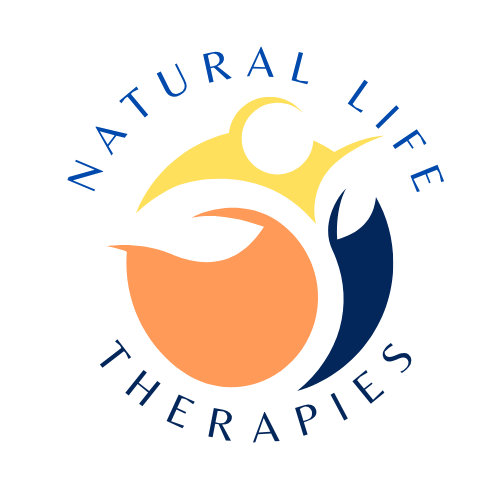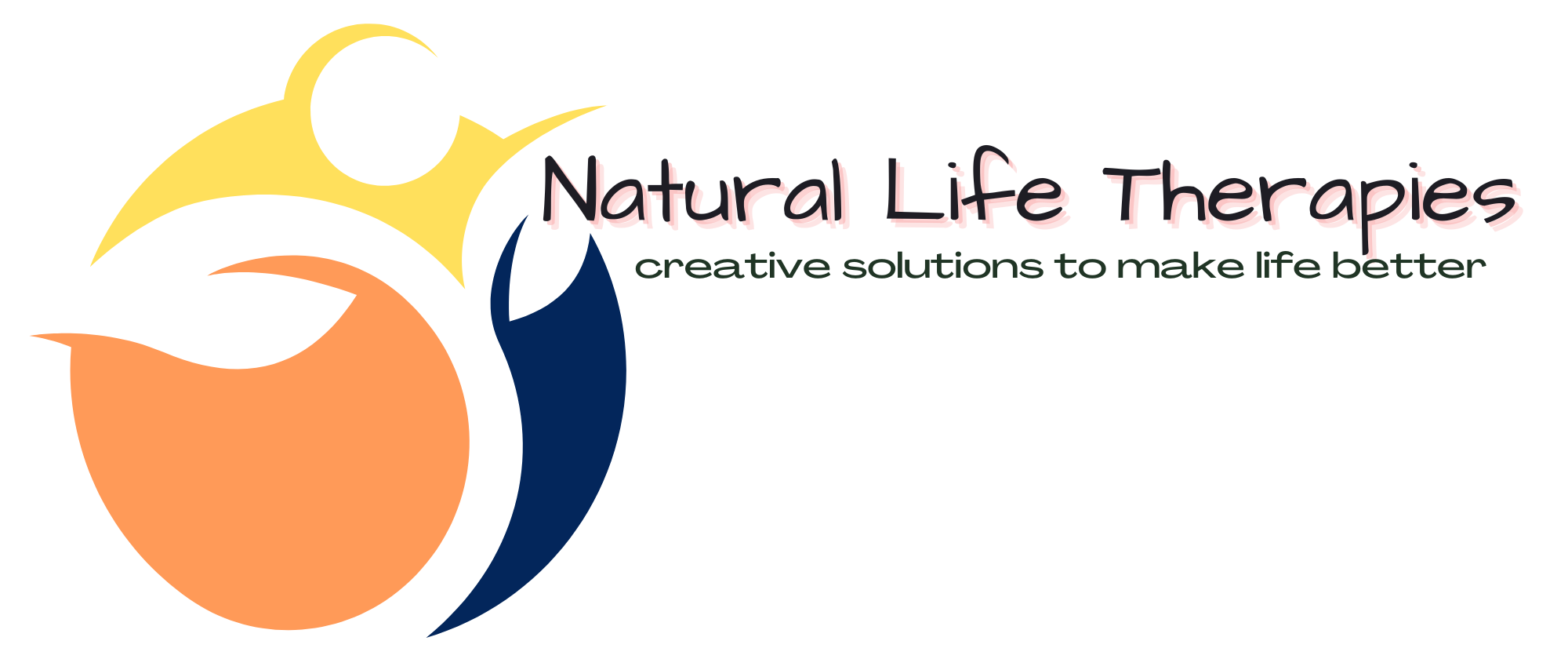What is EFT?
Emotional Freedom Techniques (EFT), often referred to as “tapping,” is a form of psychological acupressure that combines elements of traditional Chinese medicine with modern psychology. It involves tapping with the fingertips on specific meridian points on the body (primarily on the head and face) while focusing on an emotional issue or belief.
EFT is based on the concept that negative emotions and physical symptoms are caused by disruptions in the body’s energy system. By restoring balance to this system, EFT aims to reduce stress and promote healing.
Key Components of EFT:
-
Identifying the issue – A specific emotional or physical problem is targeted.
-
Rating the intensity – The intensity of the emotion or symptom is rated on a scale (typically 0–10).
-
Setup statement – A phrase is repeated that acknowledges the problem and affirms self-acceptance (e.g., “Even though I have this fear, I deeply and completely accept myself”).
-
Tapping sequence – A series of meridian points are tapped in a specific sequence while repeating a reminder phrase.
-
Reassessment – The intensity of the emotion or symptom is rated again to assess change.
Benefits of EFT:
-
Reduces Anxiety and Stress:
-
Research supports its effectiveness in lowering cortisol levels (stress hormone).
-
Helps calm the nervous system and reduce emotional reactivity.
-
-
Improves Emotional Well-being:
-
Can help process unresolved trauma, grief, or limiting beliefs.
-
Supports emotional resilience and self-acceptance.
-
-
Alleviates Physical Pain:
-
Many users report reduced physical pain (e.g., headaches, chronic pain) after tapping sessions.
-
May work by relaxing the body and interrupting pain signals.
-
-
Enhances Mental Clarity and Focus:
-
By resolving emotional blocks, EFT can improve cognitive functioning and decision-making.
-
-
Treats PTSD and Trauma:
-
Used successfully in veterans and trauma survivors.
-
Shown in studies to reduce PTSD symptoms effectively.
-
-
Self-empowerment and Accessibility:
-
Easy to learn and use independently.
-
Can be practiced anywhere without special equipment.
-




